Question And Answer
Publications
Articles, publications, books, tools and multimedia features from the U.S. Institute of Peace provide the latest news, analysis, research findings, practitioner guides and reports, all related to the conflict zones and issues that are at the center of the Institute’s work to prevent and reduce violent conflict.
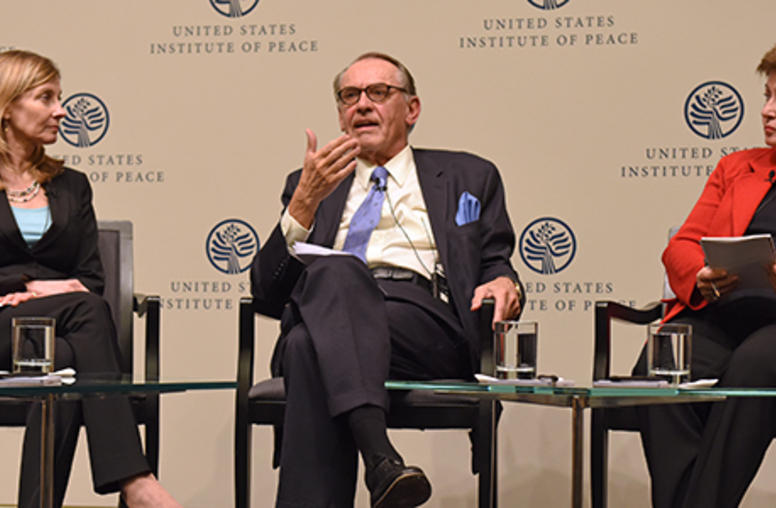
U.N. Eyes Early Human Rights Intervention to Promote Development
United Nations discussions that are underway on how it can intervene to stop human rights violations within national boundaries might help prevent such tensions from exploding into the kinds of civil wars and floods of refugees that the world is experiencing today, said Jan Eliasson, the global body’s deputy secretary general, at an event organized by the U.S. Institute of Peace.
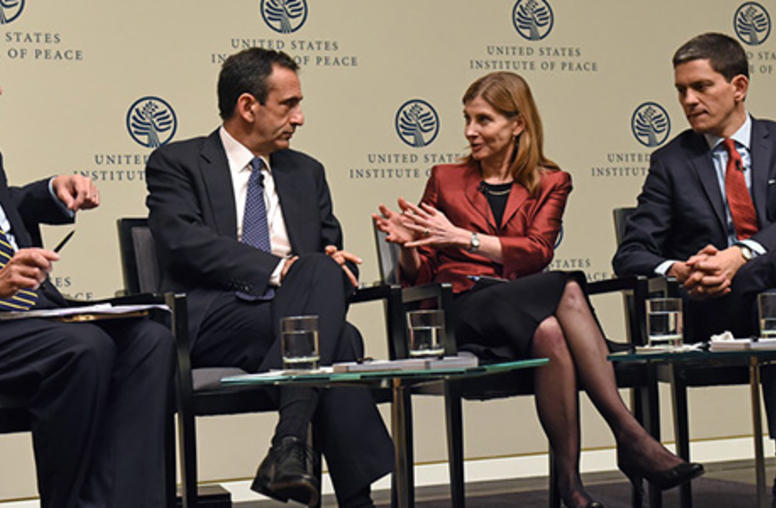
Too Little Aid, Too Many Displaced: Remaking Humanitarian Assistance
The international system to aid people displaced by conflict is strained beyond the breaking point. Faced with the greatest flood of displacement since World War II—and with no end in sight—governments and international organizations need to rethink every level of aid, from funding to future outcomes, according to experts assessing the crisis in a discussion at the U.S. Institute of Peace.
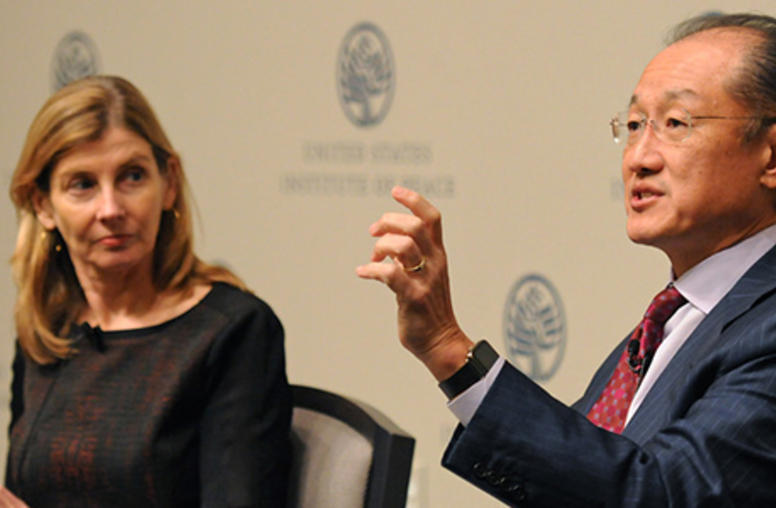
World Bank Chief Urges End to Extreme Poverty, Rethink for Development in Conflict Zones
World leaders must act to end extreme poverty in the next 15 years by addressing economic inequality that stems from wealth concentrated in the hands of a few and exacerbates conflict and instability, World Bank Group President Jim Kim said in an address at the U.S. Institute of Peace.
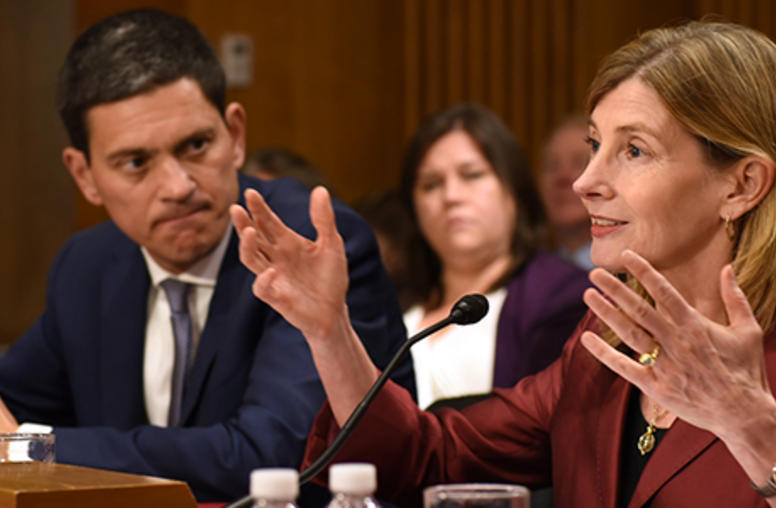
The U.S. Role and Strategy in the Middle East: The Humanitarian Crisis
USIP President, Nancy Lindborg, testifies before the U.S. Senate Committee on Foreign Relations. More from President Lindborg following her testimony, "Refugees and Social Cohesion."
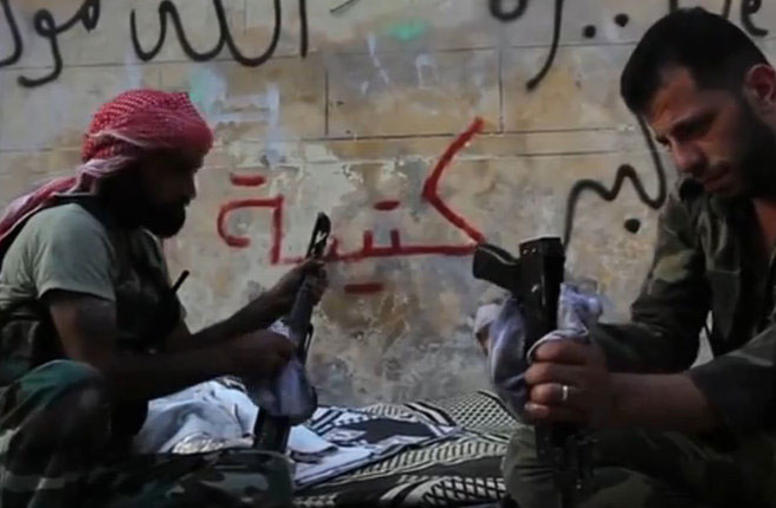
Four Lessons for Fighting Extremists – Without Guns
As the military campaign against the Islamic State stalls, it's time to turn to a civilian solution.
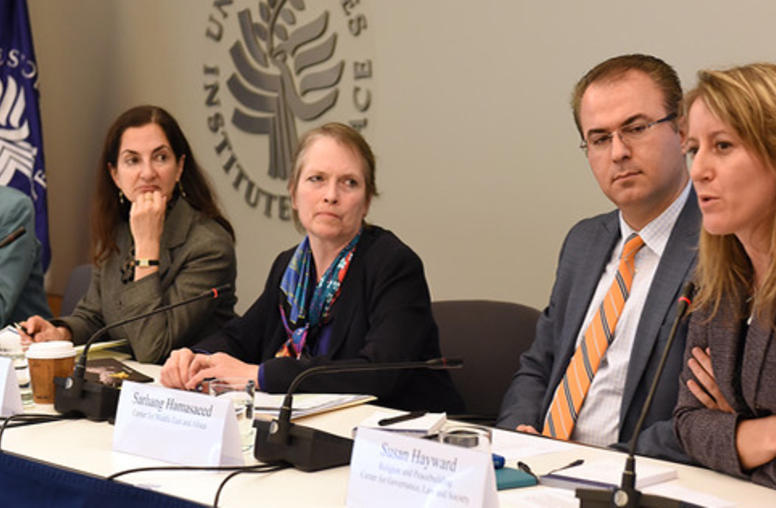
Reconciliation as the Road to Durable Peace
Apology. Confession. Truth-telling. Forgiveness. These are elements of reconciliation, perhaps the most important underpinning for turning a violent conflict into durable peace. Yet building peace is complicated by a reality that human cultures have no agreed definition of reconciliation. Indeed many may resist it as an imposed Western value, USIP scholars said.
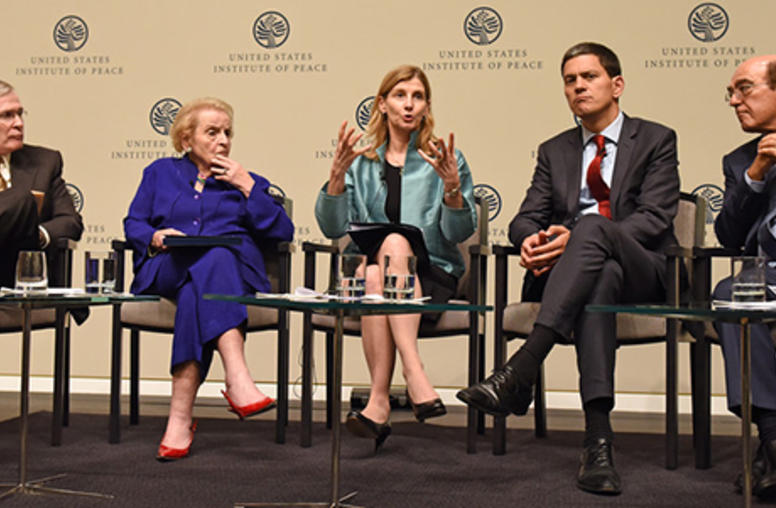
Europe’s Refugee Flood Shows Urgent Need for Action on Middle East
Former Secretary of State Madeleine Albright and former National Security Advisor Stephen J. Hadley joined U.S. Institute of Peace President Nancy Lindborg, a U.K. foreign secretary-turned humanitarian advocate and other experts in calling for U.S., European and other world leaders to accelerate assistance to refugees in the Middle East and reinvigorate efforts to end the conflicts that drive them out of their homes in the first place.
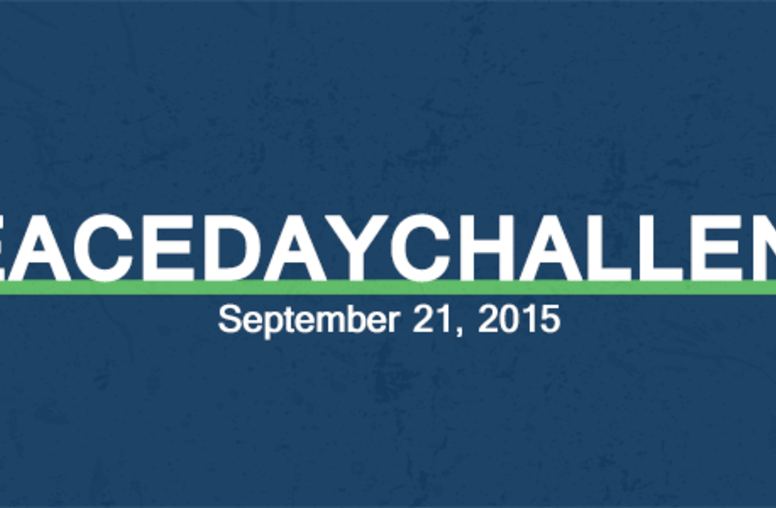
Nancy Lindborg Statement on the International Day of Peace
In 1981 the United Nations set aside September 21 as the International Day of Peace, dedicating the day to nonviolence across the globe. In the decades since, the world has emerged from a cold war, confronted ethnic conflict and witnessed protests evolve into revolution.
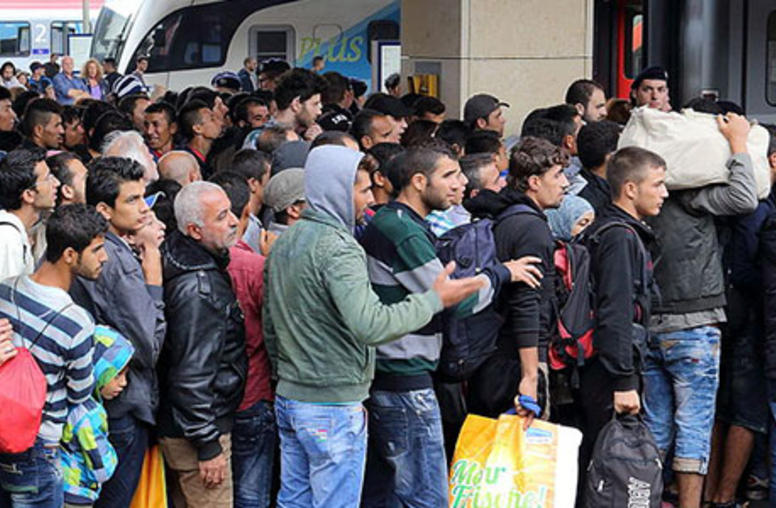
Stopping Europe’s Refugee Crisis at the Source
To halt the flow of people fleeing war, poverty, and oppression, the international community needs to redouble aid efforts where they're needed most.
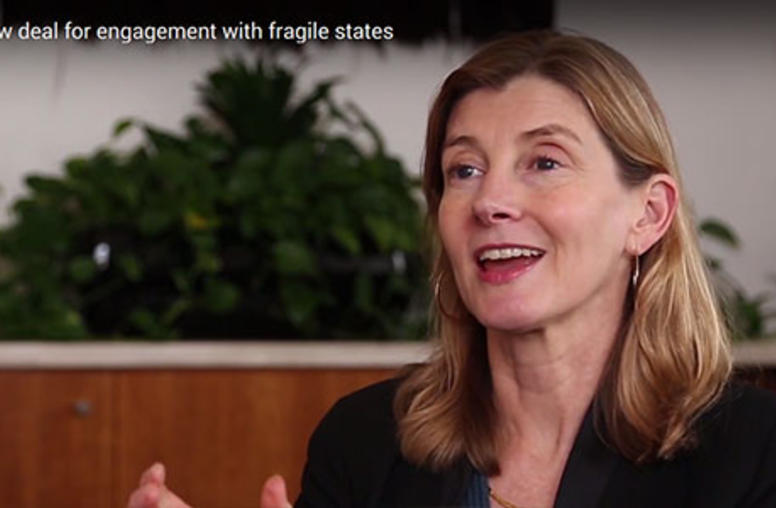
Nancy Lindborg: Finding common ground for development and defense
Development, diplomacy and defense must work together to help shepherd countries from fragility to peace and democracy. Nancy Lindborg shares her thoughts on bringing together the "three D's" for more effective crisis response.